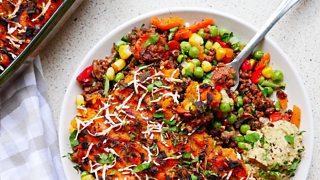How to get more plants onto your plate - the Mediterranean way
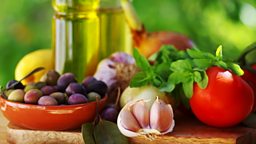
Want to get more plants onto your plate? Dr Rupy Aujla, author of The Doctor's Kitchen, says following a Mediterranean diet is a great place to start.
"It's probably one of the most well-researched, evidence-based styles of eating that there is out there," he says.
"When you analyse all the research looking at the healthiest people they essentially subscribe to Mediterranean diet principles."
Speaking to our Fit and Fearless podcasters, Zanna, Tally and Vic, he says following these five steps of the Mediterranean diet can help us all eat in a more plant-focused way.
1. Dish up some plant protein
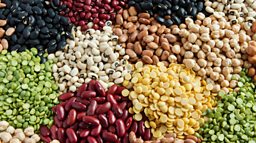
It can be tempting to think that all protein comes from meat, but Dr Rupy is keen to bust that myth.
"People have an obsession about protein... whereas if you look at the actual amount we need, it's probably not that much."
"There's protein in everything... nuts, seeds, all the different types of seeds and legumes.
"The beneficial thing about getting your protein from plants is that you're actually having fibre as well... and fibre is actually something that is actually massively lacking in the population up and down the country. If we need to be focusing on anything, it's actually fibre."
You can hear more about plant-based protein and the importance of fibre in the clip below!
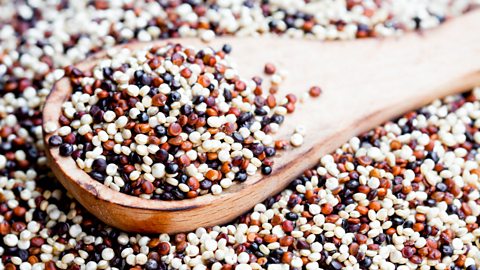
Mythbusting: The truth about plant-based diets and protein
Tally, Vic and Zanna talk to Dr Rupy Aujla about protein in plant focused diets.
2. Eat darker veg
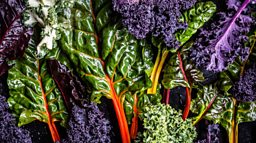
For Dr Rupy, eating the rainbow is very important, and in particular, dark and deep colours.
"It's colourful vegetables, like darks and leafy veg, bell peppers, your greens, reds, purples, all those different colours as much as possible."
3. Eat quality fats
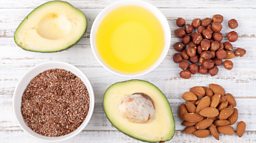
Although it might sound counter-intuitive, Dr Rupy says keeping fats in our diet is very important - as long as they're the right kinds of fats.
He says 25 to 30 percent of our total calorific intake should be made up of quality, whole sources of fats.
"That doesn't mean burgers and pizzas and chips - because when I say fats to people in clinic, a lot of people have that as their perception of what fats are, but that's just a lot of sugar and carbohydrates."
"For me, it's nuts and seeds and quality oils and avocado, and all those sorts of things that have different ratios of fatty acids."
4. Switch to whole grains
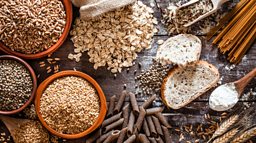
Finally, fill your bowl with lots of whole grains.
"Whole grains are things like red or black rice, pearl barley, oats - not the instant oats but the minimally processed oats", Dr Rupy says.
However, don't fear switching things up! Dr Rupy says the principles of the Mediterranean diet can be applied to any world cuisine.
"I take those principles and apply it to different cuisines. You can have a Mediterranean-diet style Asian dish or Chinese or Korean or Indian... there's so many different ways in which you can use those principles."
But... what about alcohol?

A glass of vino or two is a stereotypical staple of the Mediterranean diet.
Dr Rupy says the odd tipple is still fine - but don't reach for the glass every night, and don't fill it too high.
"Alcohol is actually on the med diet... but it's something like half a glass every other day."
Feeling inspired? You can listen to the full podcast with Dr Rupy here.

